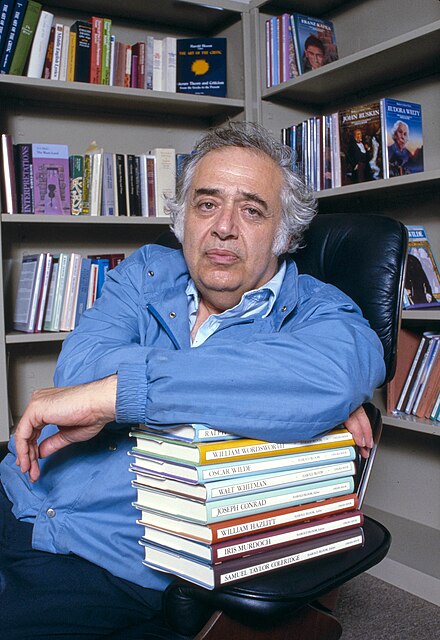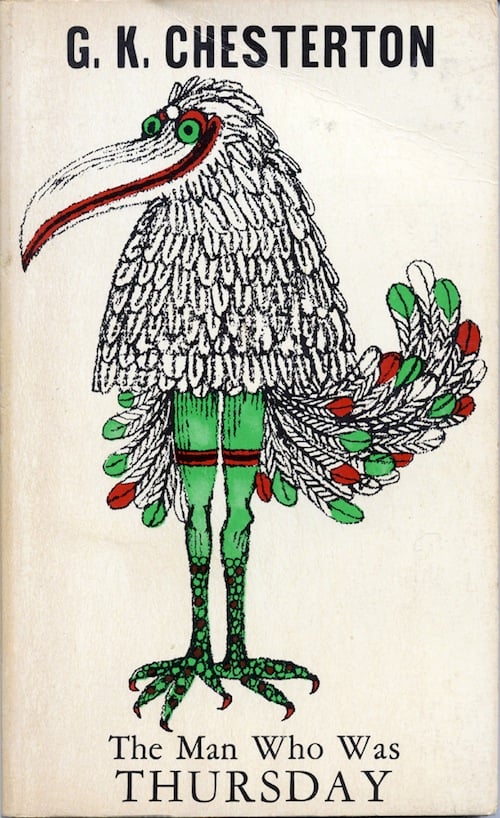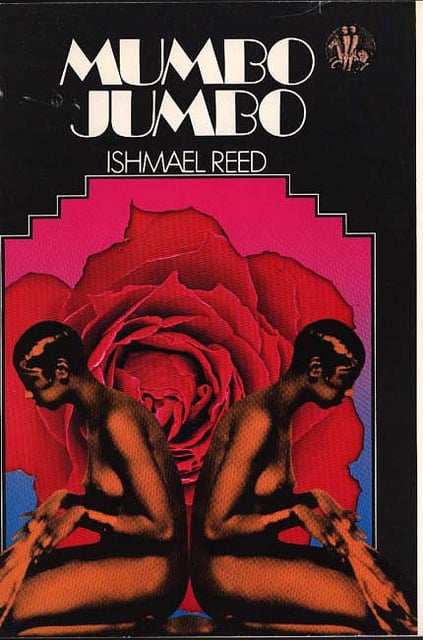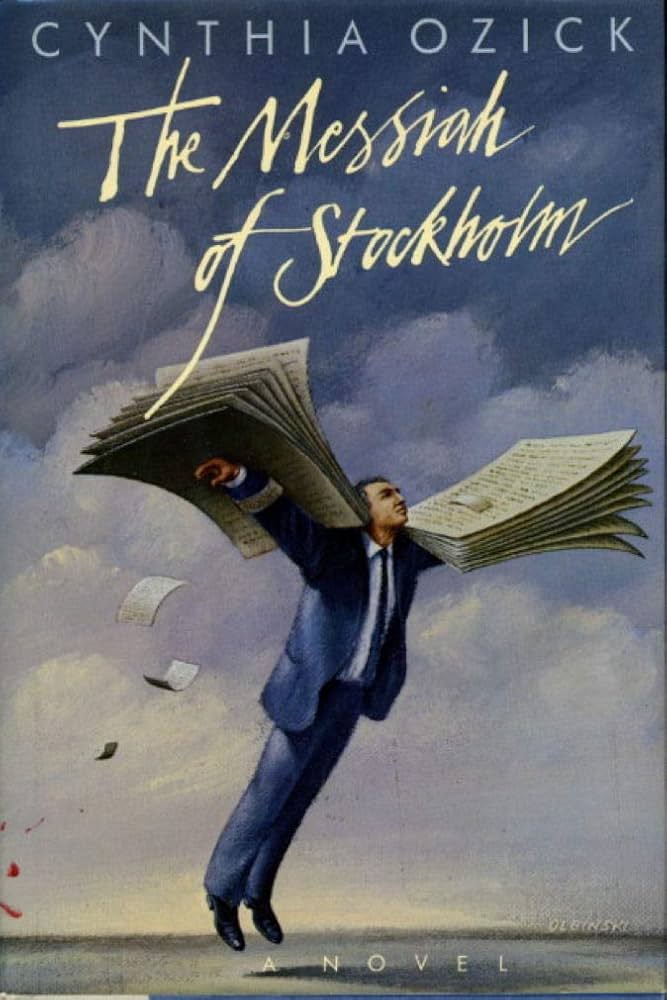THE LOST CHELSEA HOUSE BOOKS
By:
July 11, 2024

i.m. Mark Krupnick
In addition to all his other exegetical endeavors, in the mid-’80s, literary critic and influence maven Harold Bloom embarked upon the Herculean and hubristic task of editing collections of critical essays on a vast swath of texts for Chelsea House Publishers. These books would come to number in the hundreds. The Modern Critical Views series examined authors and the Modern Critical Interpretations series delved into novels, plays, and poems. One collection in the series could be a reflective tour d’horizon while another could be a gallimaufry. On the cover of each volume was emblazoned: “Edited and with an Introduction by HAROLD BLOOM.”
Charging out terse and resoundingly idiosyncratic intros as if they were scholastic op-eds, it became clear that Bloom’s heart was not always in the books about which he was writing. Of course he had read them (several times) but they weren’t actually the ones he was truly mad for or the ones he really wanted you to find and read. The jacket copy proclaimed: “Taken together, Modern Critical Interpretations will provide a comprehensive critical guide to the most vital and influential works of the Western literary tradition.” Suppose that Bloom had swerved from this stated enterprise and used his series to champion some of his favorite books that warranted a more fervent and permanent readership. For Bloom, vitality and influence went hand in hand with originality and strangeness. He was a weirder reader than either Bloomians or the censorious coterie he dubbed the “School of Resentment” would give you to believe.
In that spirit, rather than wrapping our heads around all the books Bloom wrote on in this series, let us envision the ones he did not but should have. Most of the books below are listed by Bloom in the commodious Appendix of his 1994 book The Western Canon: The Books and School of the Ages (q.v. section D. The Chaotic Age: A Canonical Prophecy). Despite their inclusion in this pantheon, he wrote very little if anything about the majority of these books. There are others here that Bloom might well have brought under his tent as his Modern Critical Interpretations series altered. The very presence of a Chelsea House critical guide devoted to these books on high-school and college library shelves would have changed the way we read those books and contemplated our canon. In honor of what would have been Harold Bloom’s 94th birthday today, here are the lost volumes in Bloom’s Modern Critical Interpretations.

G.K. Chesterton’s The Man Who Was Thursday
David Lindsay’s A Voyage to Arcturus
Jean Toomer’s Cane
Djuna Barnes’s Nightwood
Flann O’Brien’s The Third Policeman
Christina Stead’s The Man Who Loved Children
René Daumal’s Mount Analogue
Juan Rulfo’s Pedro Páramo
William S. Burroughs’s Naked Lunch
Stanisław Lem’s The Investigation

Ishmael Reed’s Mumbo Jumbo
Donald Barthelme’s The Dead Father
Thomas M. Disch’s On Wings of Song
Russell Hoban’s Riddley Walker
John Crowley’s Little, Big
Iris Murdoch’s The Good Apprentice
Charles Portis’s Masters of Atlantis

Cynthia Ozick’s The Messiah of Stockholm
Jeanette Winterson’s The Passion
Ted Mooney’s Traffic and Laughter
Denis Johnson’s Jesus’ Son
William H. Gass’s The Tunnel
Kirsten Bakis’s Lives of the Monster Dogs
Mark Z. Danielewski’s House of Leaves
Helen DeWitt’s The Last Samurai
